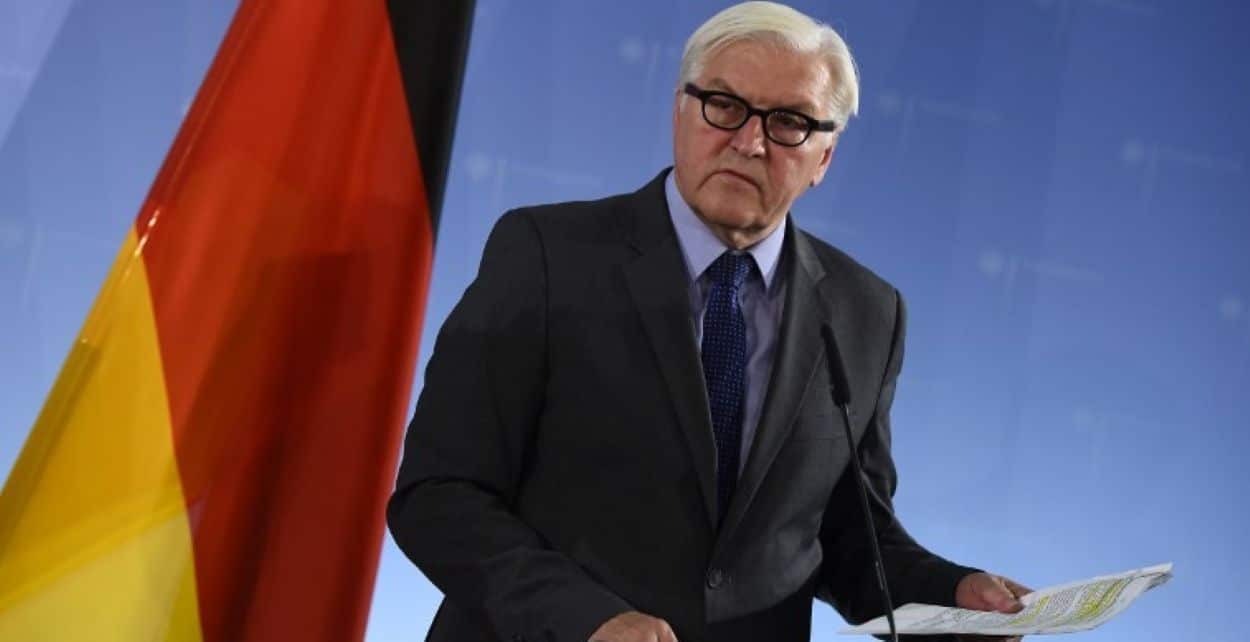President Frank-Walter Steinmeier dissolved Germany’s lower house of parliament, clearing the path for snap elections scheduled for February 23, following the recent loss of confidence in Chancellor Olaf Scholz’s government, which led to the collapse of his three-party coalition.
President Steinmeier emphasized the necessity of stable governance during challenging times. “Especially now, stability requires a government capable of decisive action and reliable majorities in parliament,” Steinmeier stated in Berlin. He advocated for the upcoming elections as the correct step forward to restore effective political leadership in Germany.
#FPWorld: German President Frank-Walter Steinmeier dissolved the country’s lower house of parliament on Friday (December 27), setting the stage for snap elections on February 23.https://t.co/jw6DQt1fdz
— Firstpost (@firstpost) December 27, 2024In his address, Steinmeier also urged that the election campaign be fair and transparent. He highlighted the threats of external influence on democratic processes, referencing recent election interferences in Romania and ongoing aggressive tactics on social media platforms. Such influences, he noted, pose significant risks to the integrity of democratic elections.
The move to dissolve parliament came after Chancellor Scholz, a Social Democrat, failed to maintain a legislative majority following Finance Minister Christian Lindner’s Free Democrats’ withdrawal from the coalition. This development triggered the confidence vote that Scholz subsequently lost earlier this month.
German President Frank-Walter Steinmeier dissolved the country's lower house of parliament to pave the way for snap elections on 23 February following the collapse of Chancellor Olaf Scholz's three-way coalition https://t.co/wSgCEZ9h93
— RTÉ News (@rtenews) December 27, 2024The upcoming election has energized campaign efforts. Conservative challenger Friedrich Merz has criticized the current government’s regulatory policies as overly restrictive and detrimental to economic growth. Polls show Merz’s party holding a significant lead over the Social Democrats.
The far-right Alternative for Germany (AfD), which polls slightly ahead of the SPD and just behind the Greens, complicates potential coalition scenarios. Mainstream parties have consistently refused to collaborate with the AfD, which could complicate the parliamentary landscape and lead to more unstable coalitions.






